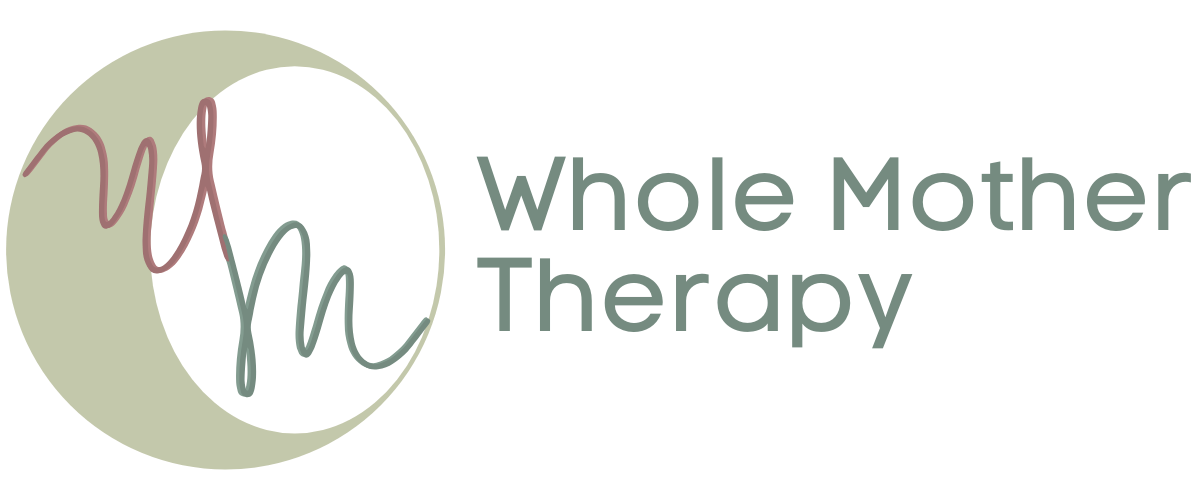Refugee and Motherhood
During a recent interview, I was asked how being a refugee informs my motherhood and my work. The question really got me thinking. I realized that there is no aspect of my life that being a refugee has not affected. It’s not something I consciously think of or that I’m even aware of most of the time, because when you go through massive transitions and traumas you develop a chameleon-like ability to adapt and fit in.
But being part of a diaspora has an everyday effect on your reality. You’re haunted by having been torn away from your home and your ancestral family because of circumstances that are out of your control. As if life has been determined for you, but there is an entire path that shadows the one you actively live that holds all the possibilities of what could have been. Being a refugee means living with a constant underlying grief over that stolen version of life. It’s not a grief that is actively present, but it gets triggered by a particularly evocative song or smell or ancestral story.
Beyond that, it’s strange growing up and living in a culture and a country whose self-interested geopolitical adventurism—the CIA-orchestrated coup d’état that ousted Iran’s democratically elected prime minister, Mohammad Mosaddegh, in 1953—is directly responsible for the 1979 Iranian Revolution that opened the door to the rise of the Islamic Republic and made us flee our homeland. It’s like living with your abuser while trying to look the other way and pretend everything is fine, even as your abuser continues to slowly murder your people through brutal economic sanctions and reckless conflicts that verge on acts of war.
Never Really Having a Home
Being a refugee means never really having a home. It means always feeling like your time is limited. Years ago, before I turned 18 and my green card expired, my parents and I became American citizens. Yet this feeling of not belonging and overstaying my welcome persists. My adopted home country reminds me of this time and time again through policies like the Muslim ban and the forced assimilation into white culture that literally whitewashes my colorful Iranian identity.
Becoming a mom has made me more acutely aware of the traumas I carry in my body and in my nervous system. I see it in the juxtaposition of the home environment I’ve created for my son and the one I was born into. I hear it in the harrowing stories my mom tells of her early years of motherhood in contrast to my own experience as a new mother. More recently, I’ve felt it in the opportunity to buy a home. I was not anticipating the seismic shift that would come with such a move—to finally have a place to put roots down and call home, a place to build memories with my family that feels permanent and not fleeting. It brings up memories of all the ways I was denied this for so long, as we were forced to run for our lives, cross multiple borders as refugees, then adapt as immigrants and eventually adopt the United States as our home away from home.
Having to Make Excruciating Choices
I often think of the refugees and asylum seekers risking their lives to cross the border between Mexico and the United States or taking their chance on rickety boats across the dangerous seas between Africa and the Canary Islands or Eastern Europe and Western Asia (the Middle East). I think of the excruciating choices parents have to make for their families, and I think about the incredible dangers my mother faced while trying to protect and provide for me. White Americans will never truly understand the loss and sacrifice that come with choosing to flee your homeland, especially when the U.S. government, like an abuser, so often blames these victims of violence, persecution, and poverty for making the difficult choice to seek safety and financial security here.
Fighting For Equality
I cannot divorce myself from the fact that I am a refugee first, an immigrant-turned-U.S. citizen second. Even marrying a white American man and creating a biracial child hasn’t erased this for me—if anything, it has accentuated it. Being a refugee informs my work as a psychotherapist and healer who specializes in intergenerational trauma, motherhood, and children. It informs the perspective I bring to the values and ethics I hope to pass on to my children. And it fuels the warrior spirit that thrives in me when I’m fighting for equality, reparation, and dignity for all, my heart outside my body, yearning with the beat of a faraway home.
Let’s talk.
We would love to connect with you

